Publications
Articles, publications, books, tools and multimedia features from the U.S. Institute of Peace provide the latest news, analysis, research findings, practitioner guides and reports, all related to the conflict zones and issues that are at the center of the Institute’s work to prevent and reduce violent conflict.
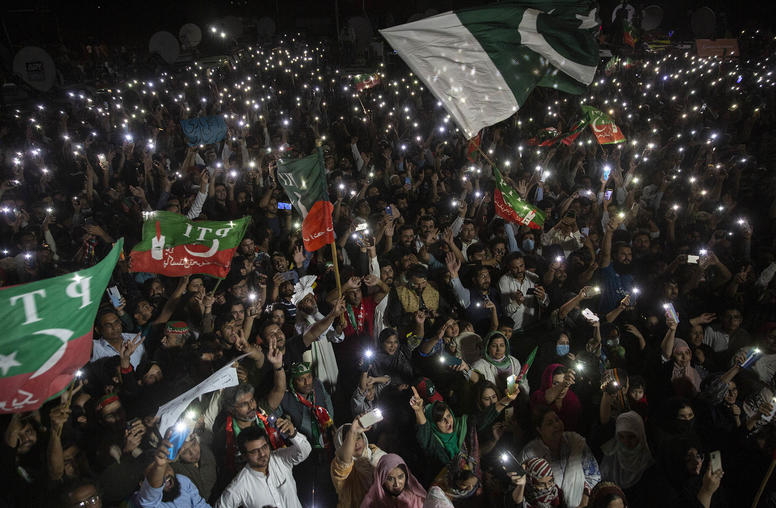
In Pakistan’s Crisis, Judicial, Military Roles Will Be Vital
Pakistan’s eruption into new political crisis this week elevates the risks — in South Asia and beyond — of instability in a nuclear-armed state that is also the world’s fifth most populous. The authorities’ arrest of former Prime Minister Imran Khan triggered a confrontation between his many supporters and Pakistan’s politically powerful military, which many Pakistanis say precipitated Khan’s detention. As U.S. policymakers monitor this still-unfolding crisis, a first useful step may be to carefully press Pakistani leaders to avoid any unlawful repression or military intervention.

Pakistan’s Existential Economic Crisis
Pakistan’s stability increasingly depends on the outcome of an ever-worsening economic crisis. Amid skyrocketing inflation, political conflict between Prime Minister Shehbaz Sharif’s government and former Prime Minister Imran Khan, and surging terrorism, the country is facing the risk of a default due to its massive external debt obligations. This burden has been exacerbated by the derailment of the $6.5 billion International Monetary Fund (IMF) program Pakistan entered in 2019, as the international lender is unsatisfied with Pakistan’s commitment to reform and ability to arrange for funds to meet external financing requirements. Troublingly, Pakistan’s official foreign exchange reserves are hovering around $4 billion, which is insufficient to finance even a one-month of the country’s import bill.
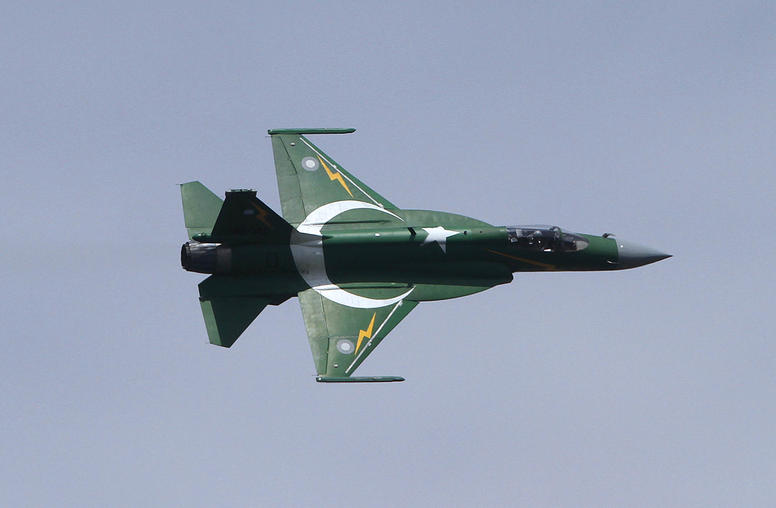
A Threshold Alliance: The China-Pakistan Military Relationship
Geopolitical shifts in South Asia over the past decade, driven by sharper US-China competition, a precipitous decline in China-India relations, and the 2021 withdrawal of US forces from Afghanistan, have pushed the Chinese and Pakistani militaries closer together. The countries’ armies and navies are increasingly sharing equipment, engaging in more sophisticated joint exercises, and interacting more closely through staff and officer exchanges. Yet, as this report concludes, a full China-Pakistan alliance is not inevitable, as Chinese missteps and other sources of friction could slow its consummation.
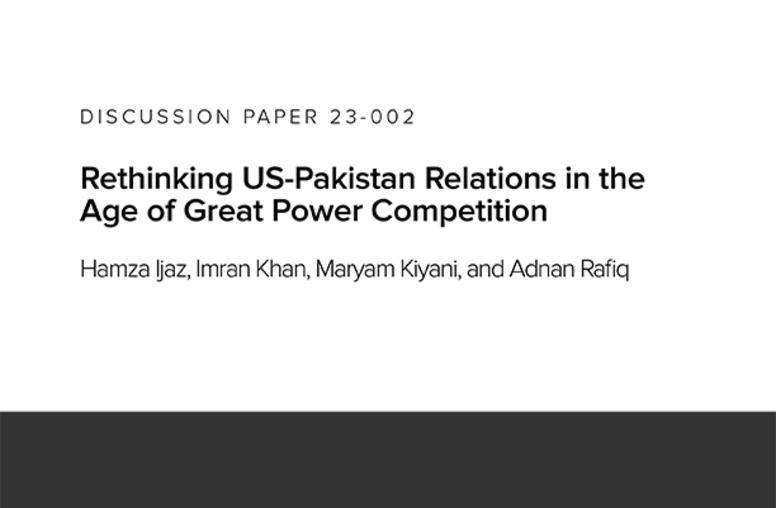
Rethinking US-Pakistan Relations in the Age of Great Power Competition
As the United States and Pakistan approach 75 years of bilateral engagement, the relationship between the two countries is at a critical crossroads. While viewing the US-Pakistan relationship exclusively through the security lens seems to be untenable, the road ahead, in the broader context of the Afghanistan withdrawal and great power competition, remains murky. Nevertheless, there exists a willingness on both sides to avoid the lows of the 1990s even if the highs of the 1980s or 2000s are not possible.
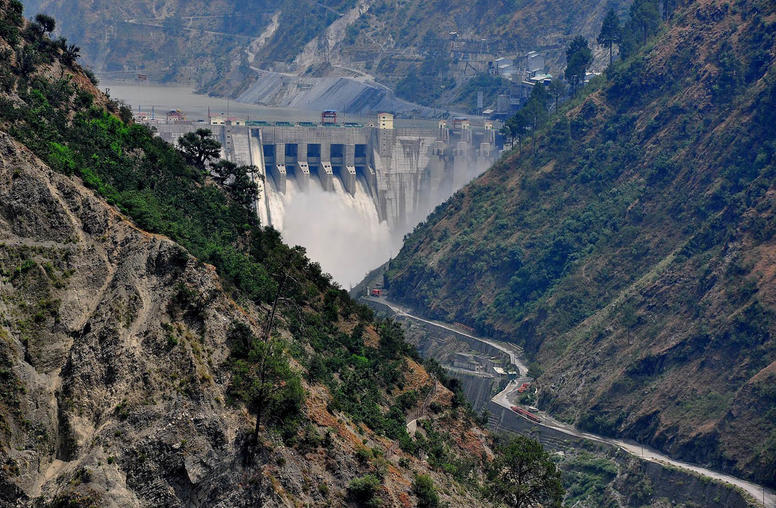
India and Pakistan Are Playing a Dangerous Game in the Indus Basin
On January 25, India sent a notice to Pakistan demanding the modification of the Indus Waters Treaty. Pakistan has so far refused to engage. The treaty, which India, Pakistan and the World Bank originally signed in 1960, allocates rights over the waters of several rivers in the Indus Basin to India and Pakistan.
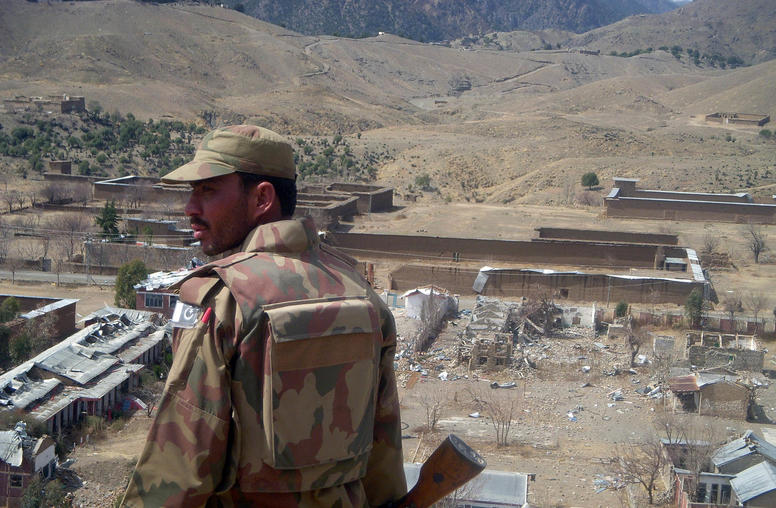
Is Pakistan Poised to Take on the TTP?
The Pakistani Taliban’s late January attack in Peshawar, the capital of Pakistan’s Khyber Pakhtunkhwa province, claimed the lives of more than 100 worshipping at a police compound mosque. The bombing was claimed by a faction of the Tehreek-e-Taliban Pakistan (TTP, also known as the Pakistani Taliban) initially, but later denied by the TTP’s central leadership. It was the group’s deadliest attack since its 2021 resurgence after the Afghan Taliban took power in Afghanistan. As Pakistan struggles with a major economic crisis, the fallout from the deadly floods of last fall and an ever-turbulent political scene, the TTP’s growing threat presents yet another challenge for the struggling nation.
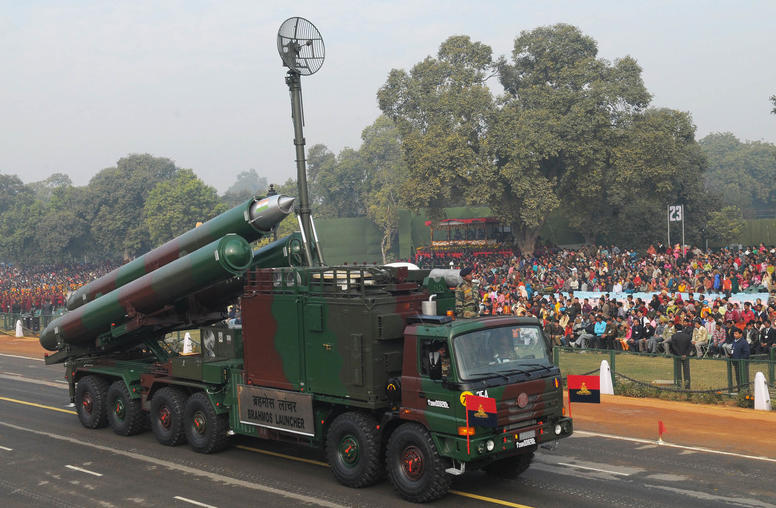
The Persistent Threat of Nuclear Crises Among China, India and Pakistan
Southern Asia — India, Pakistan and China — is the only place on earth where three nuclear-armed states have recently engaged in violent confrontations along their contested borders. As a USIP senior study group report concluded last year, the problem of nuclear stability in Southern Asia is getting harder to manage because of geopolitical changes, such as rising India-China border tensions, as well as evolving military technologies, including growing nuclear arsenals and more capable delivery systems. Unfortunately, in the time since that senior study group completed its work, little has happened to revise its worrisome conclusion or to prevent the most likely triggering causes of a nuclearized crisis in Southern Asia. To the contrary, there are some good reasons to fear that the situation in Southern Asia has even deteriorated over the past year.
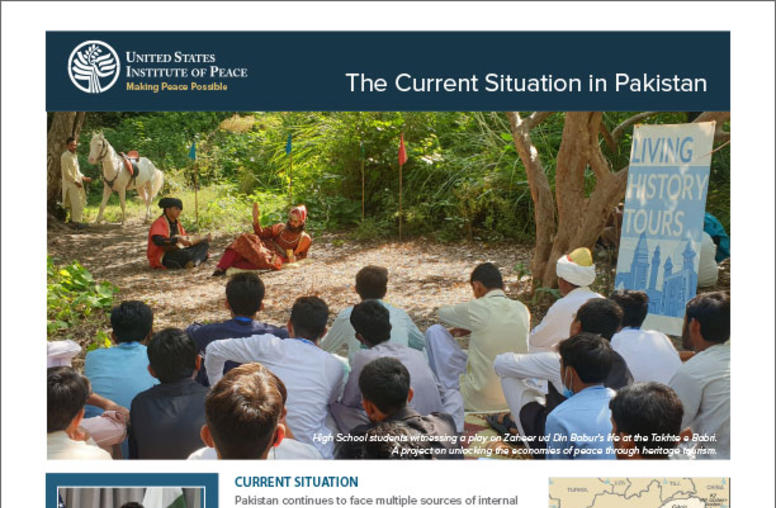
The Current Situation in Pakistan
Pakistan continues to face multiple sources of internal and external conflict. Extremism and intolerance of diversity and dissent have grown, fuelled by a narrow vision of Pakistan’s national identity, and are threatening the country’s prospects for social cohesion and stability.
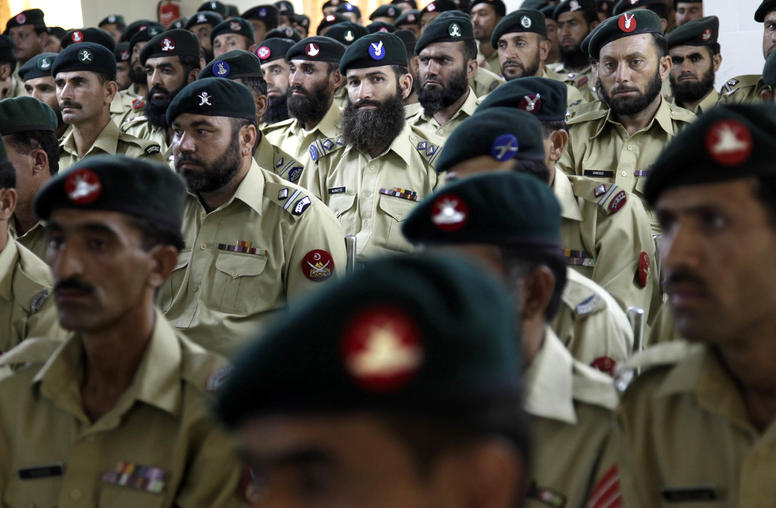
Five Key Issues Facing Pakistan’s New Army Chief
Pakistan just underwent a major military transition. Last week, Prime Minister Shahbaz Sharif appointed General Asim Munir as the new chief of the country’s powerful army, succeeding Qamar Bajwa who held the position for six years. Munir is a former chief of Pakistan’s powerful intelligence service, the Inter-Services Intelligence (ISI), and before that the head of the country’s military intelligence. In nuclear-armed Pakistan with the world’s fifth largest military and a history of military rule, the army chief tends to be the most powerful leader — at times even perceived as the de facto leader due to significant influence over Pakistan’s domestic and foreign policies.

Tamanna Salikuddin on Pakistan’s New Military Chief
General Asim Munir was appointed as the new head of Pakistan’s military this week — a position often viewed as the de facto leader of the country. Amid a fraught political environment, Munir’s “first job is going to be figuring out what the civil-military balance is in Pakistan,” says USIP’s Tamanna Salikuddin.